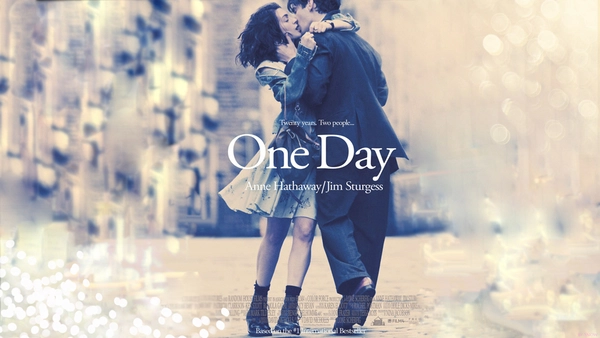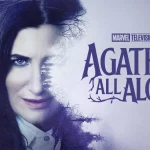One Day (2011)

“One Day,” directed by Lone Scherfig and released in August 2011, is a poignant romantic drama that explores the complexities of love, friendship, and the passage of time. Based on the bestselling novel by David Nicholls, the film stars Anne Hathaway as Emma Morley and Jim Sturgess as Dexter Mayhew, two characters whose lives intertwine over the span of two decades.
The film opens on July 15, 1988, the day of their graduation from the University of Edinburgh. Emma, an aspiring writer with dreams and ambitions, and Dexter, a charming and carefree young man, meet and spend a fateful night together. This initial encounter sets the stage for a relationship that oscillates between friendship and romance, as the narrative unfolds over the years, revisiting the characters on the same date each year.
What makes “One Day” particularly compelling is its structure, which allows viewers to witness how Emma and Dexter evolve as individuals while their connection endures through the ups and downs of life. Each segment of the film offers a snapshot of their lives, showcasing their triumphs and failures, personal growth, and the impact of their choices on each other. This unique storytelling approach effectively captures the essence of time—how it can change people, yet certain feelings remain constant.
Anne Hathaway delivers a remarkable performance as Emma, portraying her character’s journey from an optimistic young woman to someone grappling with disillusionment and self-doubt. Emma’s struggles in her career and love life resonate deeply, and Hathaway’s ability to convey vulnerability and strength makes her portrayal unforgettable. Jim Sturgess, as Dexter, brings charisma and complexity to his character, embodying a man who initially appears carefree but harbors his own insecurities and challenges.
The chemistry between Hathaway and Sturgess is palpable, adding a layer of authenticity to their relationship. Their dynamic oscillates between friendship, love, and misunderstandings, illustrating the intricacies of human connection. The film masterfully portrays how timing plays a crucial role in relationships; circumstances and personal choices often dictate whether two people can truly be together.
As the story progresses, the film delves into themes of regret, missed opportunities, and the search for happiness. Both characters face personal crises that test their resolve and force them to confront their feelings for one another. The bittersweet nature of their relationship is amplified by the knowledge that time is fleeting, and the film poignantly captures the idea that life does not always go as planned.

One of the film’s most powerful moments occurs later in the narrative when the consequences of choices become starkly apparent. The emotional depth of this moment leaves a lasting impact, emphasizing how love can be both a source of joy and profound heartache. The film does not shy away from the harsh realities of life, and this willingness to explore difficult themes is one of its greatest strengths.

Visually, “One Day” is beautifully shot, with various locations enhancing the narrative’s emotional landscape. The cinematography captures the changing seasons, symbolizing the passage of time and the growth of the characters. The soundtrack complements the film perfectly, featuring songs that resonate with the story’s themes of love and longing.

In conclusion, “One Day” is a beautifully crafted film that examines the nature of love and the inexorable passage of time. With strong performances from Anne Hathaway and Jim Sturgess, along with a thoughtful adaptation of David Nicholls’ novel, the film resonates on multiple levels. It serves as a reminder that love is a journey marked by moments—some joyful, some painful—and that the connections we forge can shape our lives in profound ways. Ultimately, “One Day” invites viewers to reflect on their own relationships and the timeless nature of love.











